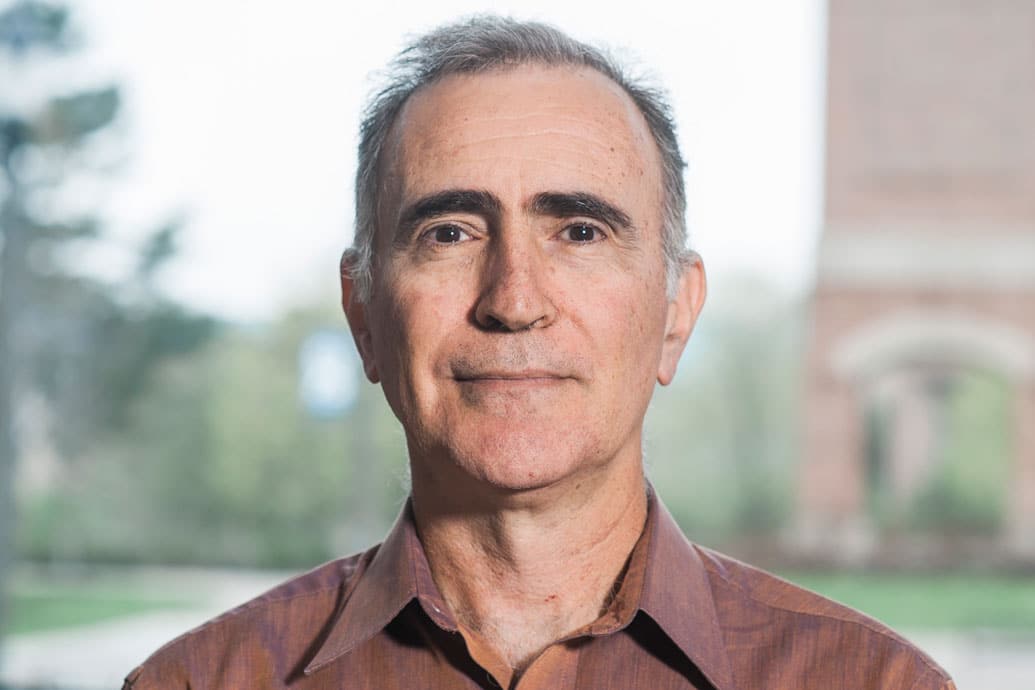I grew up in Brazil. I reached voting age at a time in which the country was under military dictatorship. We did not vote for president, but we were legally required to vote for other offices. There were only two options: we could vote for candidates from the government-supported party or for candidates of the opposition party. During my college years, I reached a political conundrum: I did not want to vote for the government, but I also did not like the opposition candidates. I believe many who live in countries with only two dominant parties often find themselves in the same political pickle—they don’t like any of the dishes offered on the menu, for different, but important reasons!
This is an example of a situation that social psychologist Leon Festinger would have called “cognitive dissonance”—you need to make a choice between two beliefs, behaviors or objects that you equally either like or dislike. According to Festinger’s theory, because this dissonance is an unpleasant experience we have a drive to modify our thoughts and make one or the other option more acceptable. We may tell ourselves something like, “Politician X may not be as bad as the media painted him, after all,” or “At least politician Y is from the right party.”
Of course, in the present American political environment, voters have a number of other options. Unlike Brazilians, Americans are not required to vote by law, and therefore, voting is a choice. Not voting, however, does not free a voter from cognitive dissonance, because not voting may feel like supporting one of the undesirable candidates. Another choice is to vote for an independent candidate. Again, the voter may be left with another menu of distasteful or unknown political dishes, and with options that usually represent hopeless candidacies anyway.
There is always the option of a protest vote. In 1959, disgusted with the choice of candidates running for city council in São Paulo, Brazil, a group of activists promoted the fake candidacy of a rhinoceros from the city zoo, called Cacareco (meaning rubbish). Cacareco was the most voted candidate that year! The citizens of São Paulo were successful in conveying a message to the city’s political elite. However, they still did not escape cognitive dissonance—their joke still did not solve the city’s chronic problem of corruption.
Many cope with voting dissonance simply by voting for the “lesser of two evils” candidate. This may seem the most sensible solution for cognitive dissonance, but it is not free of problems. (Russell Moore wrote a thoughtful article about this question for Christianity Today back in March.)
The first problem with voting for the “lesser of two evils” is the ethical transgression of voting for a candidate seen as “flawed.” This becomes the distasteful option of supporting ideas with which one disagrees, but are just less bad than other ideas. In order to resort to this tactic, one must first rank one’s beliefs in order of importance, which may be quite difficult, considering the vast number of possible combinations of beliefs exposed by candidates. The second, subtler problem, is doing what Festinger predicted one would do: second-guessing oneself and changing one’s belief system in fundamental and important ways, without actually realizing it.
When we examine some of the beliefs and choices from our own history, (e.g., legalized slavery, civil war, and racial segregation), we realize how far these cognitive compromises may take a civilized society away from civility.
So, are there any solutions for voting menus tainted with cognitive dissonance? I will not focus on the practical act of voting, which may be the result of beliefs, decisions, social norms, social pressure, or even legal coercion (like it is still in Brazil). I am more interested in the cognitive and spiritual processes we use to cope with voting dissonances.
One common strategy we use to reach a solution to a conflicted decision is simplification. One algorithm widely used to simplify political options was invented a long time ago, during the French Revolution. At that time, the supporters of the monarchy in the Legislative Assembly happened to sit on the right side of the room, and the supporters of the bourgeoisie sat on the left. This became an imaginary political line, drawn in the western political soil, and it is still used to polarize our perceptions and beliefs, creating a simplified menu with only two main dishes. Although often inadequate to explain our political beliefs, we still uncritically use this anachronism as a form of simplification to help to resolve our voting dissonance. Of course, the whole political system, including mass media communication and educational discourse, uses this antiquated imaginary split to streamline the political rhetoric.
As I write these words, my own country of Brazil is again offering its people a political dish filled with distasteful cognitive dissonance, with presidential impeachment and unsavory substitutes. At the same time, many in the U.S. are concerned about their own political options. This prompts me to end with a few considerations. Should Christians accept and run with the simplified categorization of political right- and left-wing? Aren’t there other, better ways to organize our thoughts and guide our political decisions? Could there be ways in which Christian virtues, such as compassion, love, truth-telling, forgiveness, accountability, courage, hospitality and others, become the ingredients to create a richer political menu?
Whatever answers we have for our political dissonance, however, one response is certainly not a Christian option: worry. Instead, Christians are called to redeem the time and energy they would spend on anxiety over politics by praying for and seeking wisdom.








